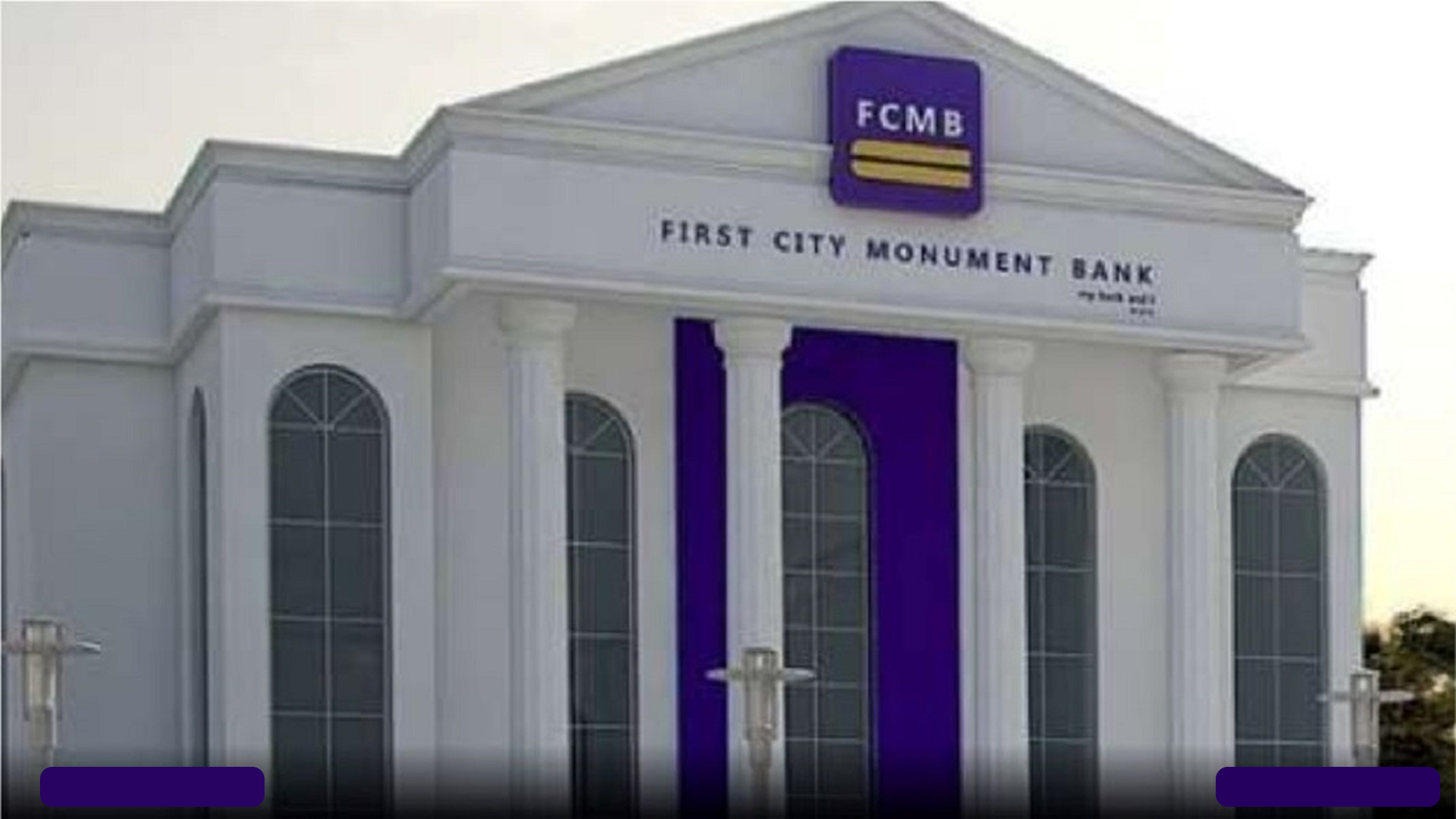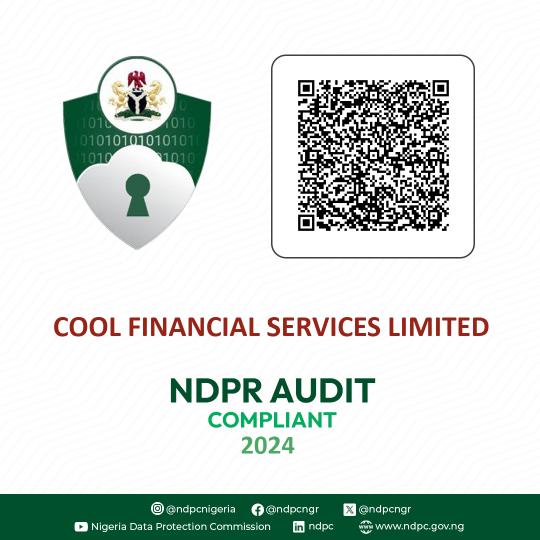FCMB Must Be Held Accountable: A Call for Transparency, Financial Integrity, and Ethical Banking
The recent response by First City Monument Bank (FCMB) regarding the serious allegations raised by Cool Financial Services Ltd. (CFS) is not only disappointing but deeply troubling. Rather than address the substance of the claims with transparency and factual clarity, FCMB has attempted to dismiss a pattern of unethical behavior and financial misconduct as a routine dispute. The facts, however, are too compelling to ignore and demand a full accounting.
This is not a mere disagreement over loan terms it is a clear-cut case of a bank violating written financial agreements, misusing client funds, and exposing a financial services provider to significant risk through deliberate manipulation.
A Written Guarantee Breached
At the heart of the matter is a ₦150 million transaction between CFS and a third-party borrower, Goewe and Sons Ltd. Prior to disbursing these funds, CFS obtained a written guarantee from FCMB. This guarantee, delivered via email by FCMB officials Babatunde Isiaq (Account Officer) and Chukwuka Chukwuma (Branch Manager) clearly stated that the funds would remain untouched unless authorized by CFS. In addition, a freeze was placed on the borrower’s account, with CFS’s representative, Roseline Anibueze, added as a signatory to ensure control.
Despite this clear agreement, FCMB proceeded to issue a cash-backed loan to Goewe and Sons using the very same encumbered funds as collateral without the knowledge or consent of CFS. This action was not only unauthorized; it was a direct breach of FCMB’s written commitment. It is imperative that the bank answers the critical question: who within FCMB approved the use of these encumbered funds, and under what legal authority?
A Pattern of Deception
Shockingly, the unauthorized disbursement was not a one-time error. After disbursing the first ₦100 million, CFS later released an additional ₦50 million upon confirming that the initial funds were still intact unaware that FCMB had secretly issued a cash-backed loan to the borrower behind the scenes.
This suggests a deliberate effort by FCMB to mislead. By withholding information and manipulating the appearance of account activity, the bank led CFS to believe their funds were secure. In reality, FCMB had already exposed CFS to elevated financial risk through an unapproved lending scheme.
This repeated conduct raises several urgent questions: Why did FCMB issue multiple loans using encumbered funds? Why was CFS not informed at any stage? What internal mechanisms and compliance failures allowed such actions to proceed unchecked?
Silence and Concealment
Perhaps even more alarming is FCMB’s sustained silence in the face of repeated inquiries. CFS made multiple requests for clarification over several weeks. Yet, the bank remained unresponsive only issuing a statement after investigative journalism brought the matter to public attention. This lack of transparency undermines confidence in FCMB’s corporate governance and suggests that the bank has something to hide.
Moreover, FCMB’s public statement contains misleading omissions. For instance, it references the repayment of the ₦150 million loan by Goewe and Sons Ltd., as though this absolves the bank of wrongdoing. But repayment does not negate the fact that the loan was issued under false pretenses using client funds held under encumbrance. The issue is not the repayment; the issue is the unethical process through which FCMB accessed those funds in the first place.
Unjustified Closure of Corporate Account
Adding to the pattern of misconduct, FCMB also closed CFS’s corporate account without notice. This account had been opened at the suggestion of an FCMB marketer to foster a stronger banking relationship. Its closure without prior communication, explanation, or justification was only discovered by CFS months later during an internal audit.
Such an abrupt and unexplained action can only be interpreted as a further attempt to limit CFS’s ability to challenge the bank’s conduct. This is not the behavior of a responsible financial institution. It reflects a troubling disregard for due process and professional standards.
Demand for Accountability
The events outlined are not isolated administrative oversights they are systemic failures that speak to a broader culture of impunity and ethical negligence within FCMB. In light of these actions, the following questions remain unanswered:
• Who within FCMB authorized the use of encumbered funds to issue cash-backed loans?
• Why were these critical financial maneuvers hidden from CFS?
• Under what banking regulations does FCMB justify its breach of a written financial guarantee?
• Who ordered the closure of CFS’s corporate account, and what happened to the funds therein?
• Why did FCMB remain silent for weeks until media pressure forced a response?
Until these questions are answered with documentary evidence and a sincere admission of wrongdoing, FCMB cannot expect to regain the trust of its clients or the broader financial community.
A Matter of Regulatory Urgency
This case goes beyond a single transaction. It tests the integrity of Nigeria’s financial regulatory framework. Institutions like the Central Bank of Nigeria (CBN), the Nigerian Deposit Insurance Corporation (NDIC), and the Financial Reporting Council of Nigeria (FRCN) must act swiftly. A precedent must not be set whereby banks can breach agreements, manipulate client funds, and hide behind technicalities or silence.
The implications are vast: if FCMB is not held accountable, what prevents other banks from engaging in similar practices? Investors, depositors, and financial operators across the country are watching closely.
Final Call
Cool Financial Services Ltd. remains committed to pursuing all available legal, regulatory, and public channels until this matter is fully resolved. FCMB must do the right thing not just for CFS, but for the credibility of the Nigerian banking sector. In light of this we have withdrawn our current civil suit from the Federal High Court and are determined to pursue all legal options and at this time, this include a criminal charge against all involved parties, we demand that Fcmb must provide:
• A full and transparent explanation of the events.
• Documentation of internal approvals and communications.
• A clear acknowledgment of wrongdoing.
• Concrete disciplinary actions against those responsible.

